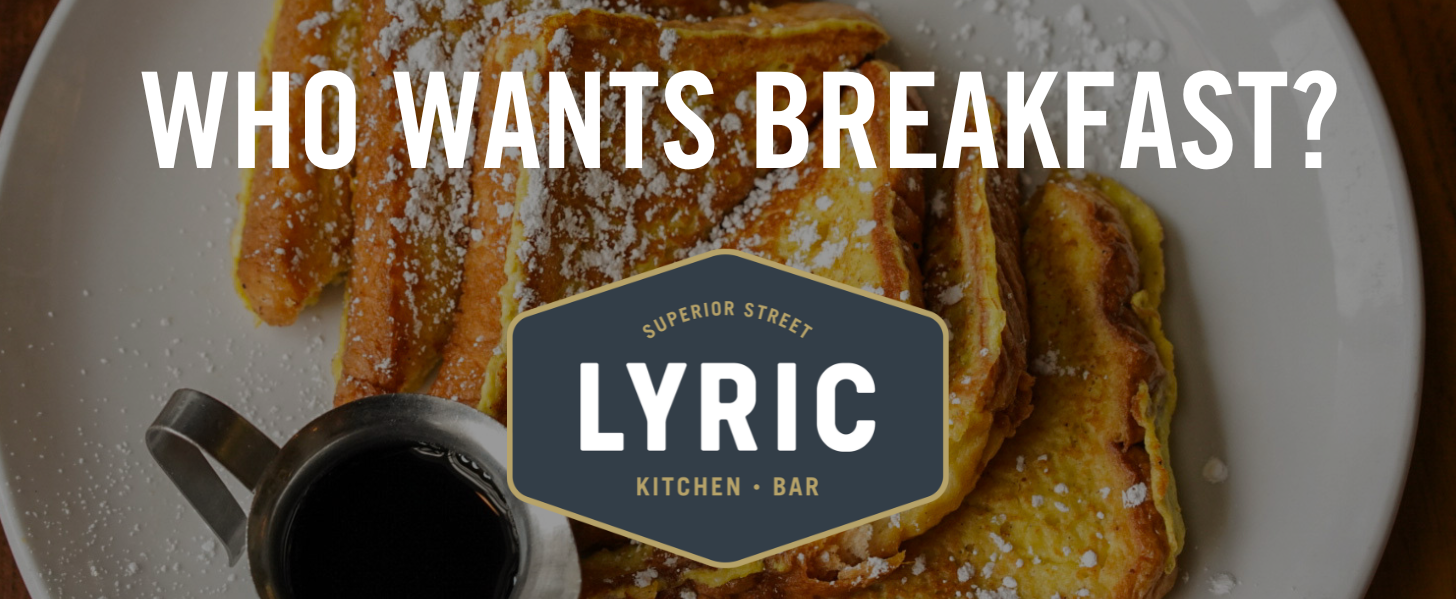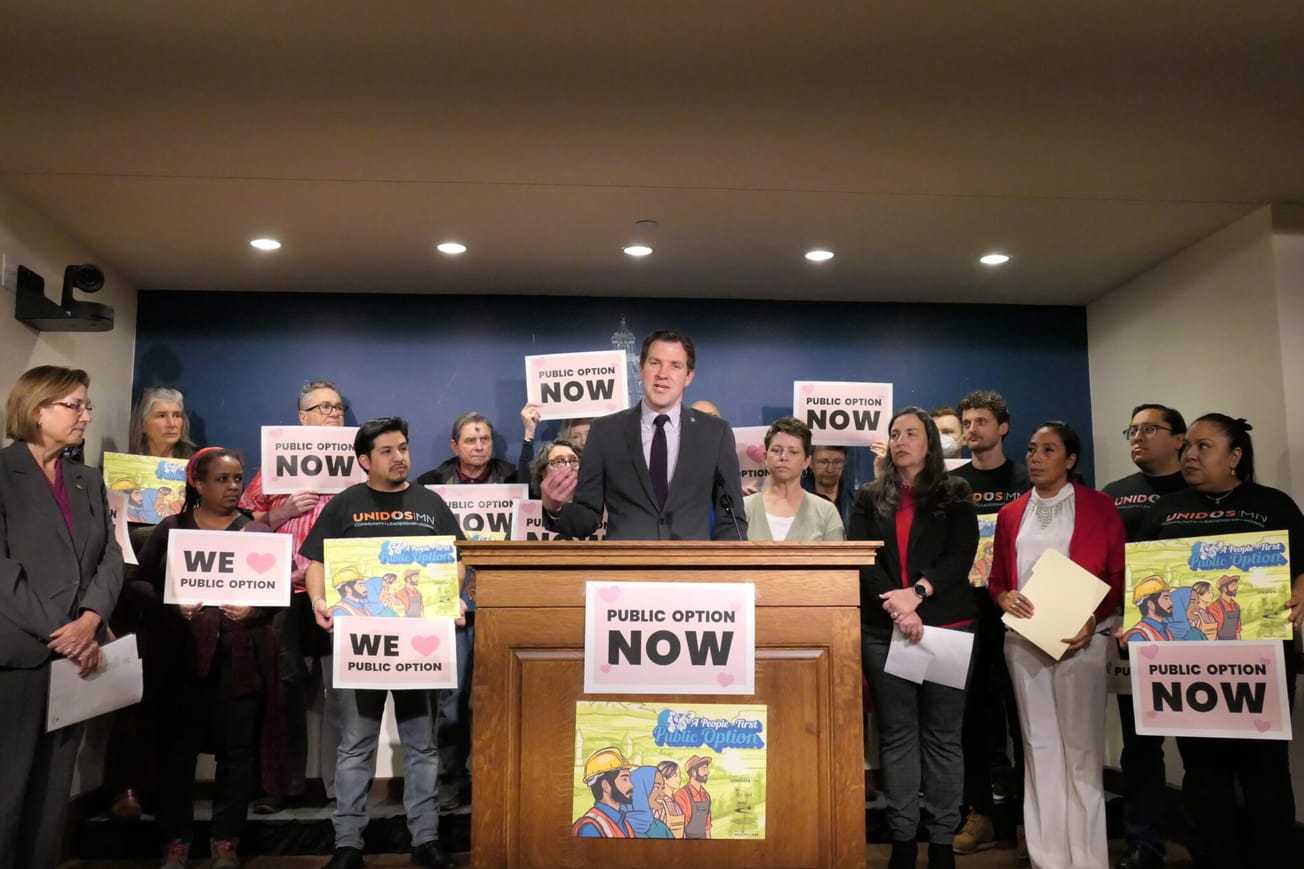By Max Nesterak, Minnesota Reformer
Take a seat in the Break Room, our weekly round-up of labor news in Minnesota and beyond. This week: governor throws cold water on public option; Minneapolis roiled by Uber and Lyft threats; lawmakers look to raise state minimum wage; U of M students could get right to unionize; governor announces job development grants for high-growth industries; ACLU decides it likes arbitration in its own employment dispute; and Volkswagen workers file for union election.
Minnesota public option deferred
Gov. Tim Walz’s office says this isn’t the year to create a public health insurance option. Walz, who ran on supporting a public option in 2018, is hoping to have a quick, cheap and easy session this year after a historic session last year and a dimmer budget outlook in the near future.
“We’re on the path to a public option but not right now,” Walz spokesman Teddy Tschann told the Reformer on Thursday, saying it was too expensive a proposal to pass in a non-budget year.
But it can only happen next year if the Democratic-Farmer-Labor Party holds onto control of the House in the fall election.

Meanwhile, some DFL lawmakers are feeling pressure to pass their agenda while still in control.
Some Democratic legislators surely have reservations, too, about such a significant expansion of government-subsidized health insurance without a dedicated funding source. A public option wouldn’t be available until 2027 under the bills under consideration, because the state needs time to request a federal waiver and set up the program. That means the state won’t need to decide how to pay for it for another three years. If lawmakers do get a bill to the governor’s desk, however, he’ll be hard-pressed to reject it.
The bill’s supporters say the state can’t stand still, pointing out that about 5% of Minnesotans are uninsured while most people who buy their own insurance pay for expensive, low-quality plans. Sixty percent of families who have coverage through the individual health exchange MNSure have a $10,000 deductible or more, according to public option author Sen. Melissa Wiklund, DFL-Bloomington.
“Too many families still face undo stress and financial hardship when it comes to medical bills, resulting in delayed or avoided care, even when they have coverage,” Wiklund said at a recent Senate committee hearing.

According to an actuarial study funded by lawmakers last year, around 107,000 residents would enroll in an expansion of MinnesotaCare, which is the state’s existing public health insurance program for the working poor and would serve as the infrastructure for the expanded public option. Among potential beneficiaries: farmers, small business owners, independent contractors and low-wage workers who make too much to be eligible for MinnesotaCare, which is now limited to those earning less than 200% of the federal poverty line or about $30,000 a year for a single person.
The majority of the costs would be paid for through people’s premiums set on a sliding income scale, as well as federal subsidies. But the state would have to pay around $213 million annually to subsidize the coverage, according to the actuarial report. The bill brings down that cost with additional costs for high-income enrollees, but that estimate is likely to grow as the state conducts a fiscal analysis to account for agency administrative costs.
Bill author, House Majority Leader Jamie Long, DFL-Minneapolis, says the proposal would be the best public option in the country. Washington, Colorado and Nevada have moved toward a public option by expanding subsidies to private insurance plans in the marketplace while mandating higher quality standards, but with lackluster results.

Still, the Minnesota proposal wouldn’t be a true public option in that anyone could enroll. It would be restricted to people without health insurance from their employers, which would do little to help the many workers — even at esteemed institutions like the Mayo Clinic — who complain of expensive employer plans with limited network coverage.
Some Democrats are leery of spending so much to subsidize a small share of the population without addressing the underlying problem of skyrocketing health care costs. Long says the state is already subsidizing private health plans through reinsurance — that’s the state paying for private insurers’ most expensive claims —and he believes expanding a public option is a better use of state dollars.
The bill is also facing stiff resistance from hospitals and other health care providers, who say the public option’s Medicare reimbursement rates could force them to lose money when treating patients. They warn people with public option plans could struggle to find providers to accept them, while prices for people with private insurance would be pushed even higher to make up for the difference. Health insurers, meanwhile, say a public option would destroy the individual marketplace because they wouldn’t be able to compete with a government-subsidized plan.
Uber and Lyft facts
The Minneapolis City Council continues to be roiled by the ordinance they passed with minimum pay rates for Uber and Lyft drivers despite threats from the companies that they will leave the city. While forcing out the companies has made some hopeful that better alternatives will be able to enter the market, there will likely be at least short-term pain: Drivers will lose income while riders will be inconvenienced at best and unable to get to work or doctors’ appointments at worst. Convention organizers may rethink coming to Minneapolis, dealing a further economic blow to the city’s beleaguered downtown.

A majority of members of the Minneapolis City Council now seem open to renegotiating the policy they passed, according to the Star Tribune. That’s a striking change of tone from the City Council, which confidently passed their ordinance before a state analysis of driver earnings came out a day later, and then overrode the mayor’s veto after seeing the report showed lower rates would suffice to meet the city’s minimum wage of $15.57 an hour.
Now members of the City Council say they’re working with state officials to get city-specific data from the state report.
There’s been a fog of war over the debate with conflicting claims about driver earnings, the credibility of Uber and Lyft’s threats and what would guarantee drivers a minimum wage. Reformer editor Patrick Coolican rounded up 15 facts in an excellent primer for understanding the issue.
Lawmakers look to raise statewide minimum wage
Democrats are pushing forward a bill (HF4050/SF3947) that would guarantee virtually all employees a single state minimum wage of $10.85 an hour, which rises with inflation. The bill eliminates a lower minimum wage of $8.85 an hour for small businesses, employees under 18 years old and foreign workers on J visas in the hospitality industry. The bill also raises the cap on annual inflation adjustments from 2.5% to 5%, which would allow a uniform minimum wage to rise faster in periods with higher inflation. The one exception left in state law would be a lower training wage for workers under 20 years old for their first 90 days of employment.
Progressive legislators also introduced a more ambitious bill (SF4019) that would nearly double the current state minimum wage by 2028. Under the proposal, the state minimum wage would jump to $15 an hour this August and then gradually increase to $20 an hour by Aug. 1, 2028. The bill removes the 2.5% cap on annual inflation adjustments, so the minimum wage would rise with inflation after 2028.

It’s unlikely this bill will make it across the finish line this year, however, as there’s no companion bill in the House and it will miss a key legislative deadline on Friday. Still, bill author Sen. Zaynab Mohamed, DFL-Minneapolis, said she hopes the proposal starts a discussion about resetting the state’s minimum wage to match the rising cost of living.
“We have to have an honest conversation about what it means to actually take care of our workers and pay them fairly so they can have a livable wage,” Mohamed said.
The first-term senator says she’s been influenced by her mom’s work history: She started working at a food factory in Chaska in 2009, making around $7 an hour. She still works there but earns less than $15 an hour. She lives in Minneapolis but doesn’t get the city’s $15.57 per hour minimum wage.
Bill would allow U of M undergrads to unionize
University of Minnesota student workers would be able to unionize under a bill (HF4508/SF4597) proposed by Democrats. The bill amends current state law to say any full-time student who is paid by the University of Minnesota is a public employee and covered by the Public Employment Labor Relations Act, even undergraduates are doing work required as a condition of receiving a tuition benefit. The bill would also allow adjunct faculty at the University of Minnesota to unionize.
Undergraduate students technically can organize a union now if none of them receive financial aid, though that effectively blocks all students from unionizing.
“You don’t get to organize if your parents don’t make enough money,” said bill author Rep. Sydney Jordan, DFL-Minneapolis. “I think that is so unjust.”
Graduate students have been unionizing for decades and their ranks have increased substantially in recent years as part of a wave of union drives across the country. That includes the U, where graduate students voted to unionize last year after five failed union elections going back to 1974.

Governor announces $20M in job development grants
Gov. Tim Walz announced the recipients of nearly $20 million in grants aimed at recruiting and training workers for five in-demand industries: technology, trades, caring professions, manufacturing and education. The grant recipients will train and place some 1,200 workers over the next 15 months, according to the governor’s office.
The grants are part of the governor’s “Drive for 5” initiative, and recipients include community colleges, nonprofit organizations and chambers of commerce. Among the recipients are Alexandria Technical & Community College ($750,000), Black Men Teach ($200,000), North Memorial Health Care ($740,000), Chinese American Chamber of Commerce ($300,000) and Southwest Minnesota Private Industry Council ($600,000).
ACLU attacks free speech, again
The American Civil Liberties Union has asserted a legal argument in an employment dispute before the National Labor Relations Board that could force many more workers into arbitration and ultimately hurt workers’ freedom of speech, Matt Bruenig reported in his Substack on the NLRB.
The ACLU has historically been a fierce critic of arbitration and defender of freedom of speech, though it has begun to stray from its traditional principles in favor of new progressive causes in recent years.
The case before the NLRB, which oversees private sector unions, involves a worker who says she was unfairly terminated for raising complaints about a supervisor. The ACLU claims the staffer, Katherine Oh, was fired for a “pattern of hostility toward people of color, particularly Black men.” The allegations of discriminatory behavior are suspect, however, as Bruenig details. For example, Oh said she was “afraid to raise certain issues” with a direct supervisor, which the ACLU describes as racist because the supervisor is Black.
The ACLU is arguing the NLRB should allow the case to be handled through private arbitration. The NLRB has traditionally deferred only to arbitration agreements that are collectively bargained. If the NLRB buys the ACLU’s argument — which they probably won’t — that it should defer to individual arbitration agreements, more than half of private-sector employees could be blocked from pursuing unfair labor practices charges with the NLRB, the conservative Federalist Society estimates.
The ACLU also argued that NLRB General Counsel Jennifer Abruzzo cannot prosecute cases because her predecessor was unconstitutionally fired and therefore she was unconstitutionally appointed by President Biden. The ACLU later withdrew this argument, Bruenig reports. The ACLU is the latest in a string of large organizations including Trader Joe’s and SpaceX to strike at the core of the NLRB in otherwise minor employment disputes.
Volkswagen workers file for union election
In the first major unionization success since the United Autoworkers Stand Up Strike, workers at a Volkswagen plant in Chattanooga, Tenn., filed a petition for a union election with a supermajority of authorization cards, the Guardian reported. UAW President Shawn Fain said he wants to organize 150,000 workers at non-unionized auto plants, and the union has announced more than 30% of workers have signed union cards at at the Mercedes-Benz plant in Alabama, a Hyundai plant in Alabama and a Toyota plant in Missouri.
Workers at the VW Chattanooga plant have come close to unionizing before, but the efforts were stymied by Republican lawmakers hostile to unions. In 2014, one Republican lawmaker said the legislature wouldn’t approve subsidies for the plant if the workers unionized.
Minnesota Reformer is part of States Newsroom, a nonprofit news network supported by grants and a coalition of donors as a 501c(3) public charity. Minnesota Reformer maintains editorial independence. Contact Editor J. Patrick Coolican for questions: info@minnesotareformer.com. Follow Minnesota Reformer on Facebook and Twitter.







